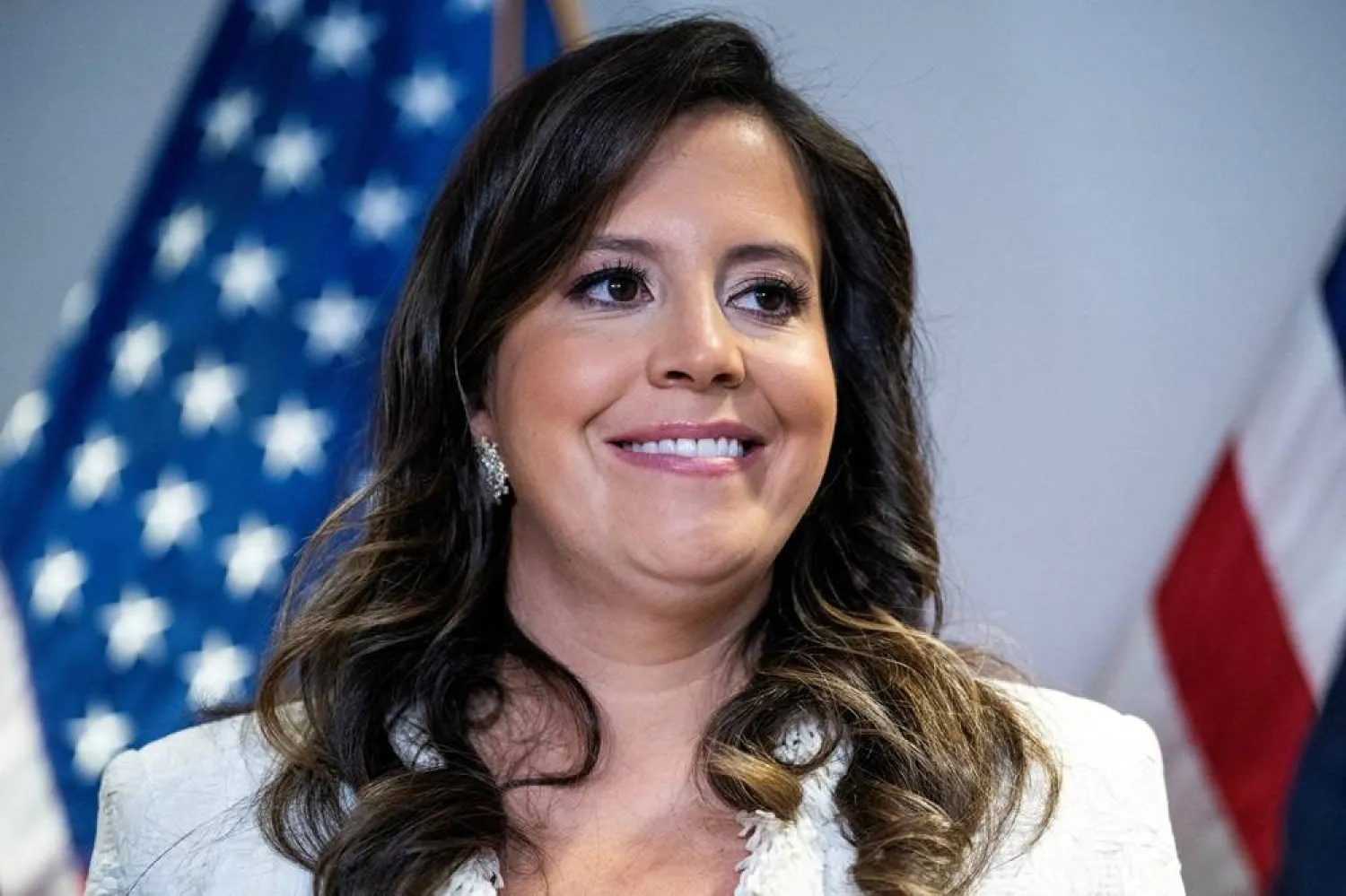Donald Trump has chosen Republican Representative Elise Stefanik to serve as US ambassador to the United Nations, the president-elect said in a statement shared with Reuters on Monday.
"I am honored to nominate Chairwoman Elise Stefanik to serve in my Cabinet as US Ambassador to the United Nations. Elise is an incredibly strong, tough, and smart America First fighter," Trump said.
Stefanik, 40, a New York representative and House Republican Conference chair, has been a fierce Trump ally.
She could not be immediately reached for comment.
The United Nations has been planning for Trump's return and the cuts to US funding and engagement with the world body that are likely to come with his second term as president.
A US retreat at the UN could open the door for China, which has been building its influence in global diplomacy.
Trump has offered few specifics about foreign policy in his second term but supporters say the force of his personality and his "peace through strength" approach will help bend foreign leaders to his will. He has vowed to solve the war in Ukraine and is expected to give strong support to Israel in its conflicts with Hamas and Hezbollah in Gaza and southern Lebanon.
Among the top concerns at the UN are whether the United States will decide to contribute less money to the 193-member world body and withdraw from key multinational institutions and agreements, including the World Health Organization and the Paris climate agreement.
Israel's UN Ambassador Danny Danon congratulated Stefanik on her nomination on Monday. "At a time when hate and lies fill the halls of the UN, your unwavering moral clarity is needed more than ever. Wishing you success in standing firm for truth and justice," he said in a post on social media platform X.
Stefanik took a Republican leadership position in the House of Representatives in 2021 when she was elected to replace Liz Cheney, who was ousted for criticizing Trump's continued false claims of election fraud.
Her first turn in the national limelight came when she mounted an impassioned defense of Trump at his first impeachment trial in 2019, leading the then-president to declare that "a star is born."
Stefanik was the youngest woman ever elected to Congress when she first won her district, which had voted twice for Democratic President Barack Obama and had been represented by Democrats in Congress since 1993.
She was seen as a potential vice president pick for Trump before he selected J.D. Vance.
Trump said on Saturday that former Republican presidential contender Nikki Haley will not be asked to join his administration.
Haley served as the US ambassador to the United Nations under Trump during his previous term and had endorsed Trump for president despite having criticized him harshly when she ran against him in the party primaries.
Trump is meeting with potential candidates to serve in his administration before his Jan. 20 inauguration as president.









